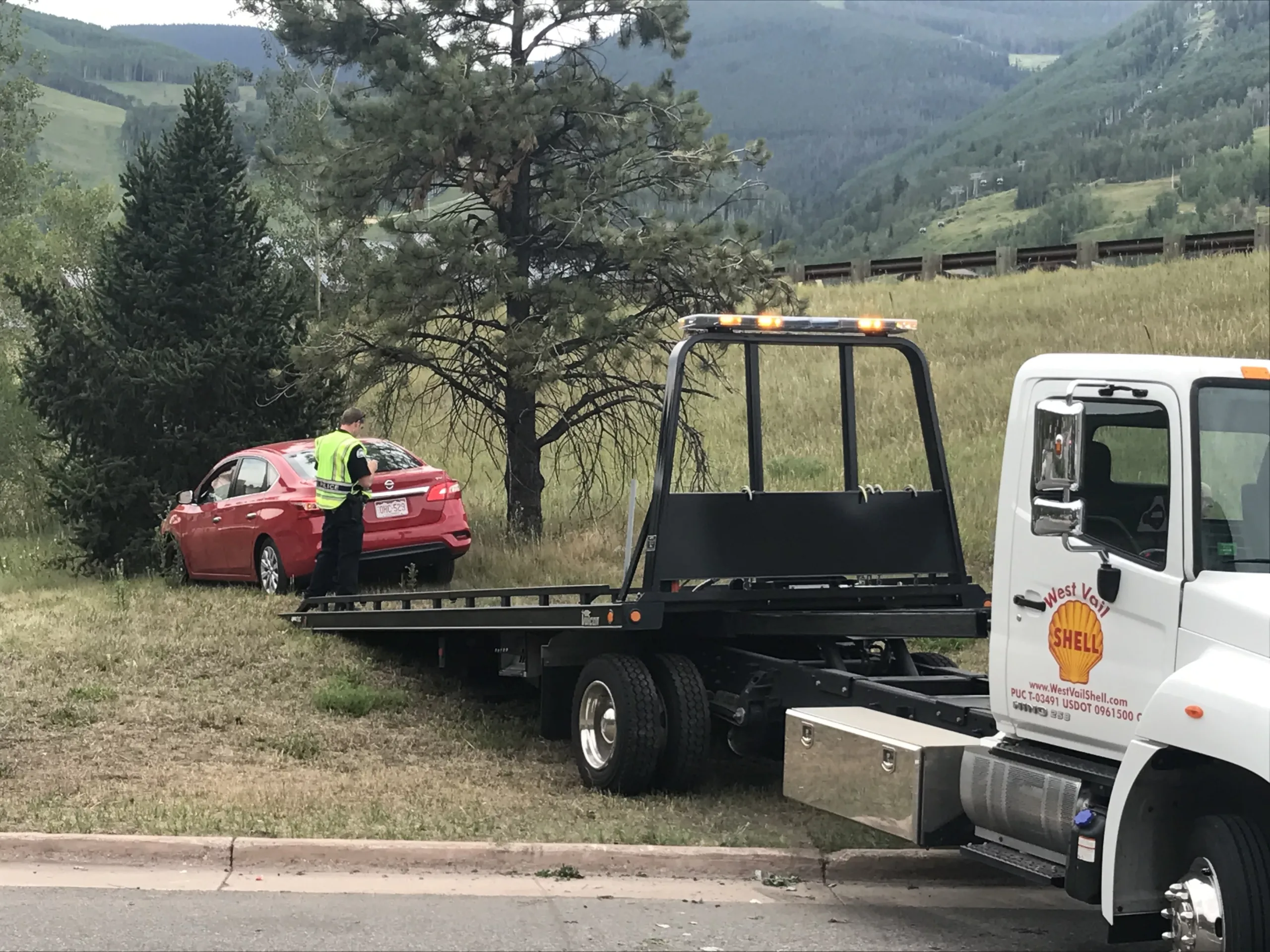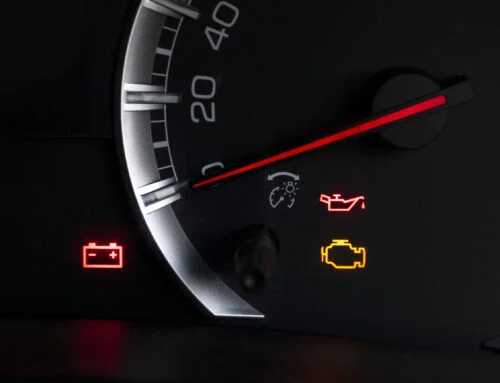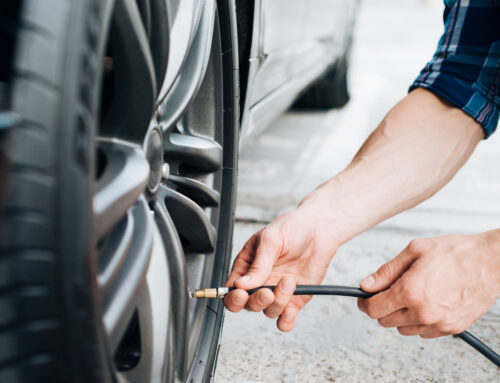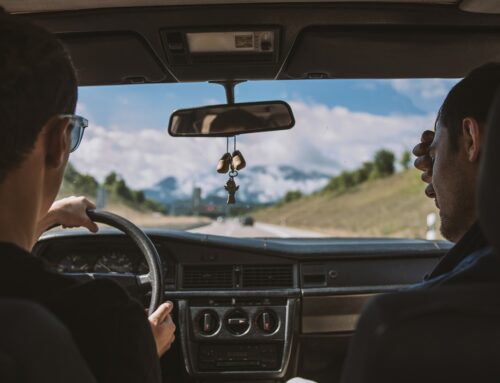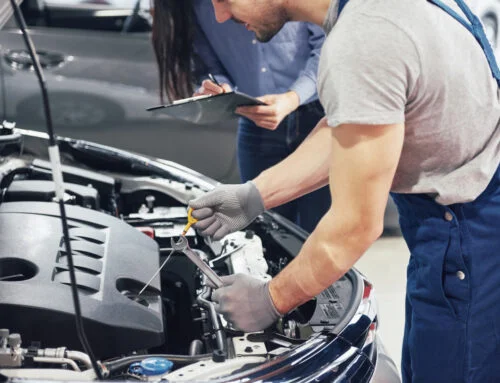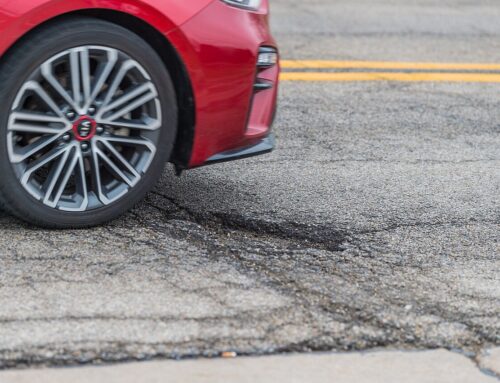When your vehicle unexpectedly breaks down, it’s natural to worry about whether towing might cause further damage. This concern is common, particularly when you’re already stressed from the situation. However, with proper towing techniques, your car can be safely moved without incurring additional harm.
Understanding Towing Methods
The potential for damage largely depends on the towing method used and your vehicle type. Flatbed towing is considered the safest option for most vehicles. Your car is loaded onto a flatbed truck, so all four wheels are off the ground during transport. This method eliminates the risk of transmission damage, misalignment, or tire wear because your car is securely placed on a flat surface. It’s ideal for luxury vehicles, all-wheel-drive cars, and cars with significant damage.
Hook and chain towing, one of the oldest towing methods, is less commonly used today. It involves securing a chain around the axle or frame of the car, lifting it off the ground, and towing it behind the truck. However, this method can cause damage to your car’s bumper, undercarriage, and drivetrain. Due to these risks, it’s typically only used for transporting wrecked cars or vehicles destined for the junkyard.
Wheel-lift towing involves lifting either the front or rear wheels of your car off the ground using a metal yoke, while the remaining two wheels roll on the road. This method is safer than hook and chain towing and is commonly used for short-distance transport. However, it can still cause damage to the transmission or drivetrain of all-wheel-drive vehicles. For front-wheel-drive cars, it’s generally safe if done correctly.
Preventing Damage During Towing
To ensure your car is towed without damage, it’s important to know your vehicle type. Understanding whether your car is front-wheel drive, rear-wheel drive, or all-wheel drive will help you choose the right towing method. For example, a flatbed is preferable for all-wheel-drive vehicles, while front-wheel-drive cars can be safely towed with a wheel lift.
Hiring a professional towing service is also crucial. Experienced towing companies know how to handle different types of vehicles and situations. They will use the appropriate method and equipment, reducing the risk of damage. Always choose a reputable towing service that prioritizes the safety of your vehicle.
When the tow truck arrives, make sure your car is in neutral, the parking brake is off, and the wheels are aligned. These small steps can help prevent unnecessary strain on the vehicle during towing. Additionally, communicate any concerns with the tow truck operator before they hook up your vehicle. They should be aware of any special requirements your car may have, such as ground clearance issues or after-market modifications.
Conclusion
In most cases, towing won’t damage your car if the proper methods are used. Flatbed towing remains the safest option, especially for long-distance transport or vehicles with special requirements. By choosing a professional towing service and ensuring the correct procedures are followed, you can have peace of mind that your car will arrive at its destination safely. Understanding the risks and taking the necessary precautions will help ensure that your car is towed without a hitch.

